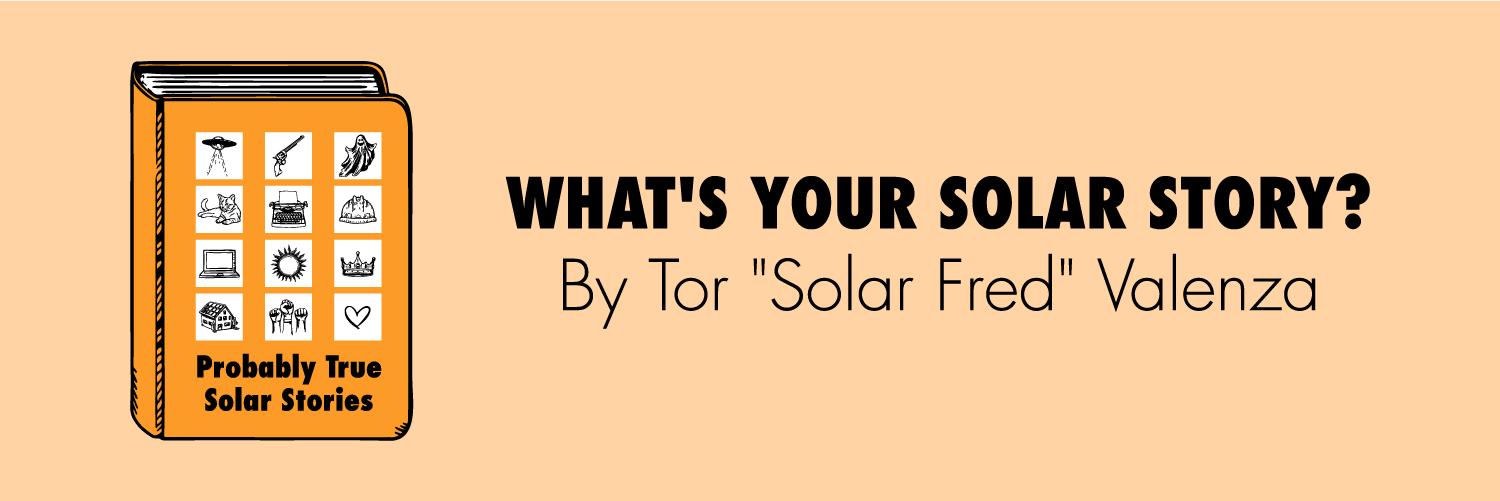Part 2: The Solar Heist, or How I Got into the Solar Business: The No-Good, Rotten Heist
In real life, you never hear about the perfect heist. That’s because when a real-life heist is perfect, there are no witnesses, the criminals disappear, and the case goes cold. Boring.
Now, in a fictional heist story, something always goes wrong. It has to. It’s a story telling rule. So why should that change for a solar heist story?
When we last left Mazz Botticelli in Part 1, he’d made a deal with his neighbor, Charlie Boston, to liberate some illegally imported solar panels from a U.S. Customs warehouse. In part 2, Mazz makes the perfect plan. And of course, that perfect plan becomes an unlucky, no-good, bad-day heist. But it makes for a fun solar story.
True solar takeaways:
- Large-scale developers typically only buy solar panels that are on a "Tier 1" list that's sold by Bloomberg. Bloomberg researchers evaluate manufacturers based on their financial viability, mostly, to make sure that the manufacturer will back up any warranty claims over 25 years.
- Most Tier 1 manufacturers are historically reliable.
- Being on the tier 1 list does not mean that the modules installed are going to last, but there's a good chance.
- Even if the Tier 1 solar manufacturer is financially sound and honors the warranty, if you have a huge project, the replacement time and cost will be huge. That's why some developers hire a quality assurance company to inspect and test the panel shipment before installation.
- Residential solar referrals are very common. Once one neighbor goes solar, others soon follow.
P.S. About a month after the publication of this fictional story, Reuters news reported that US Customs has blocked or confiscated over 1,000 solar panel shipments. But there's no word on what happens to those confiscated panels. Truth may be stranger than this episode's fiction. You never know. :-)
-----
- Visit ProbablyTrueSolar.com to sign up for the newsletter to learn about new episodes and live solar storytelling events.
- Support the show by visiting the merch store and buying a tee shirt!
- Learn how sponsors can be a part of Probably True Solar Stories and tell their own creative stories.
- Follow @SolarFred and/or @ProbTrueSolar on Twitter to discuss episodes
- Don't forget to:
- Subscribe to the show on your favorite podcast streaming service
- Rate
- Review, and
- Share!















